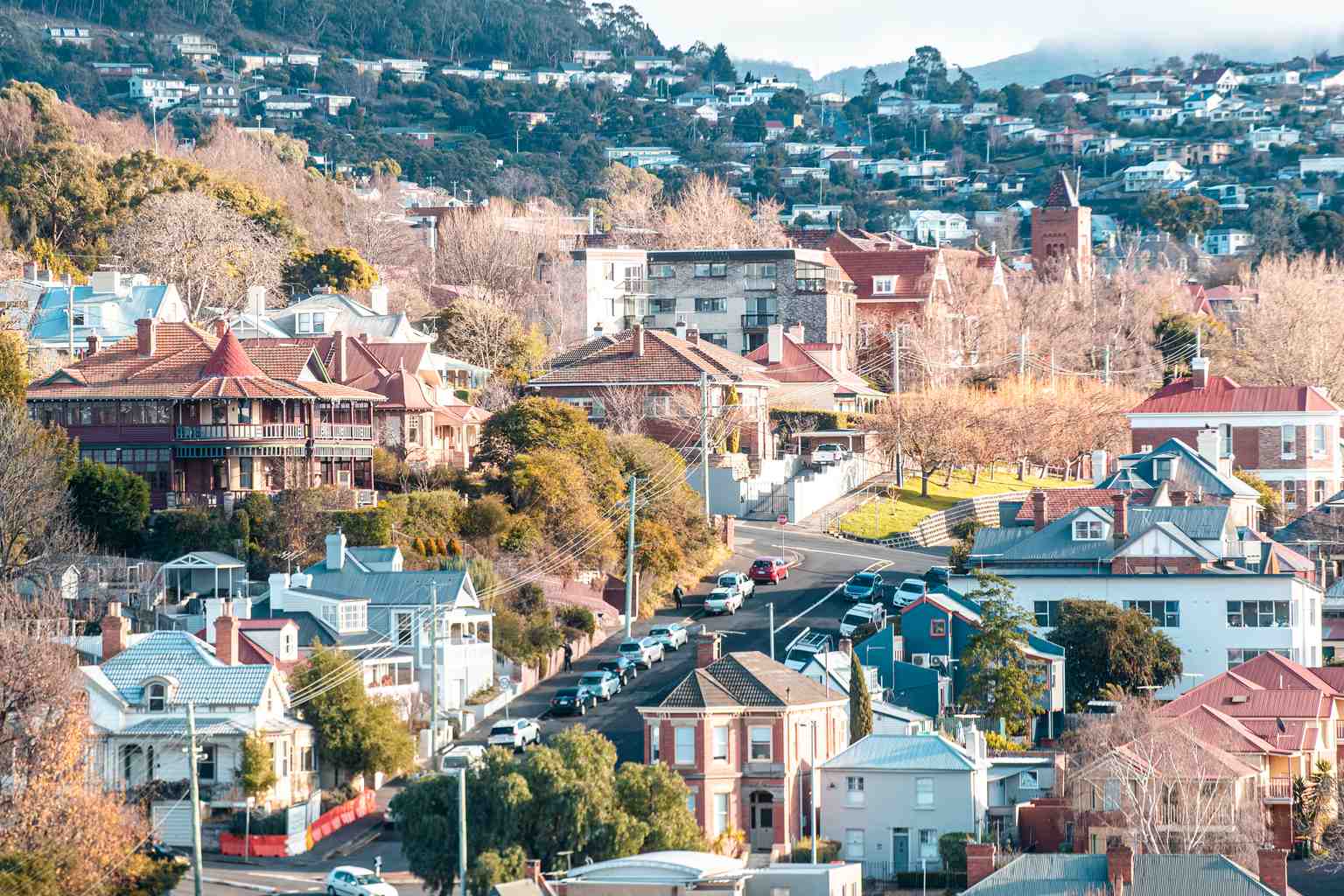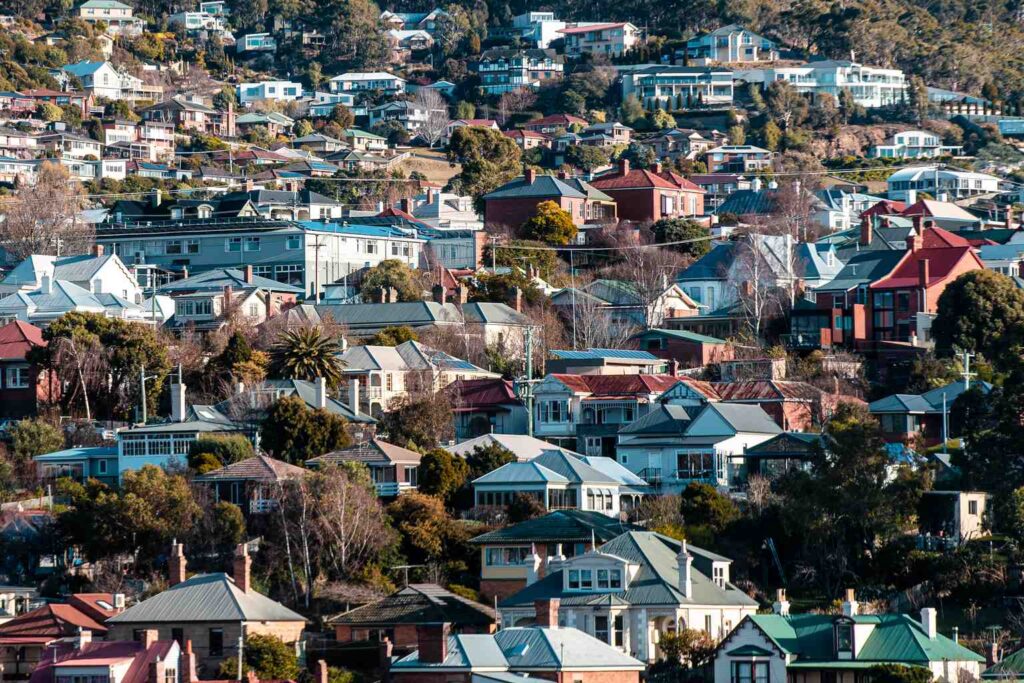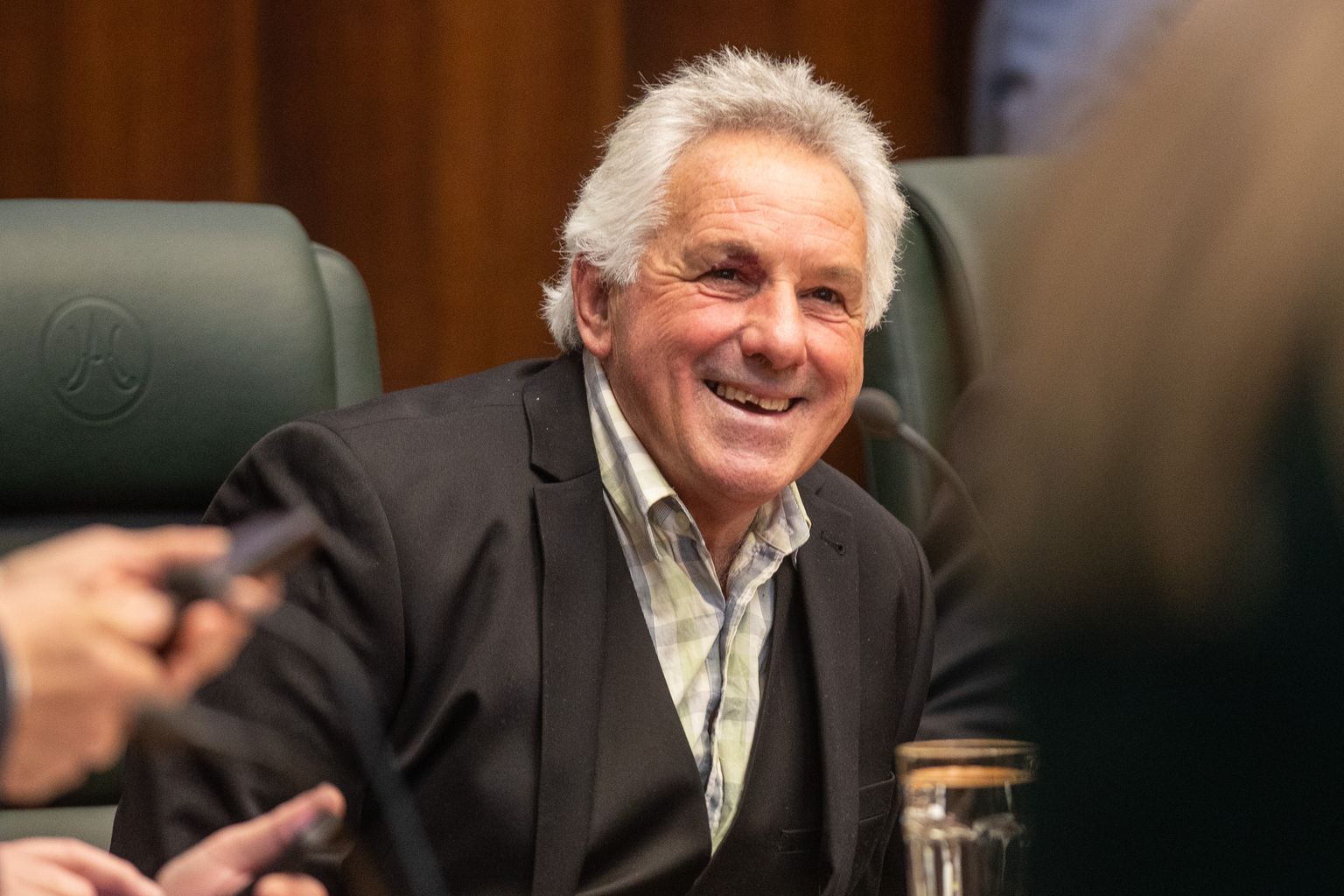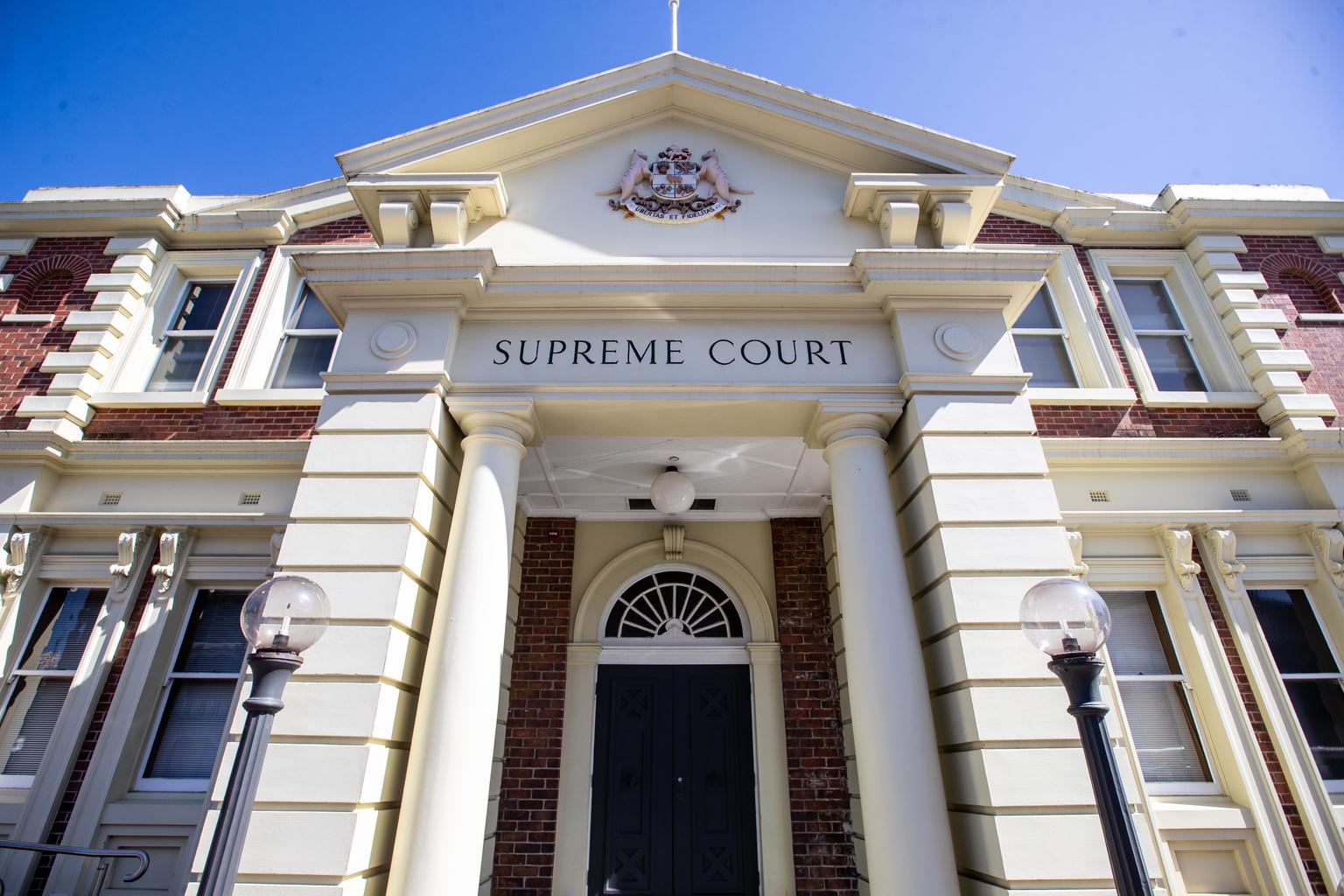Renters in greater Hobart are now spending 28% of their income on housing, with even average earners struggling to keep up with the city’s soaring rents.
The latest National Shelter–SGS Economics and Planning Rental Affordability Index shows the median rent of $520 a week is eating into the typical rental household income of $95,803 a year.
Hobart’s affordability has slipped by 1% over the past year, and the gap between the city and Australia’s larger capitals continues to widen.
Renters in Hobart pay just 10% less than those in Melbourne, despite earning 22% less.
“All areas within Hobart are ‘moderately unaffordable’ or worse, unlike Melbourne and Sydney, which retain small clusters of ‘acceptable’ rents on their outer fringes,” SGS senior associate Kishan Ratnam said.

He said a lack of housing supply, along with Hobart’s low proportion of medium and high-density dwellings, was continuing to push rents higher.
The report shows single people on JobSeeker are spending 71% of their income on rent, while single pensioners are forking out 44%.
Shelter Tasmania’s Dr Lauren McGrow said the impact on the community was devastating.
“The high cost of rent is forcing families to skip meals, pushing people on low and moderate incomes into homelessness and preventing women and children from escaping family and domestic violence,” she said.
Even workers and families who had never struggled before were now unable to find affordable housing, she added.
Dr McGrow said more social and affordable homes were urgently needed to take pressure off the private market, along with stronger renters rights.
Housing All Australians CEO Dan McKenna said the ongoing strain was also hurting the state’s economy.
“When workers cannot find an affordable place to live, this holds back Tasmania’s productivity and prosperity,” he said.
“Housing that people can afford is absolutely critical economic infrastructure and without it our prosperity is being held back.”
“Governments can’t fill our housing shortfall on their own and so innovative public-private partnerships will continue to be absolutely vital to turning this crisis around.”
Regional centres including Launceston, Devonport and Burnie have also been rated as unaffordable, while only smaller towns such as Queenstown and St Helens still offer acceptable rents.






